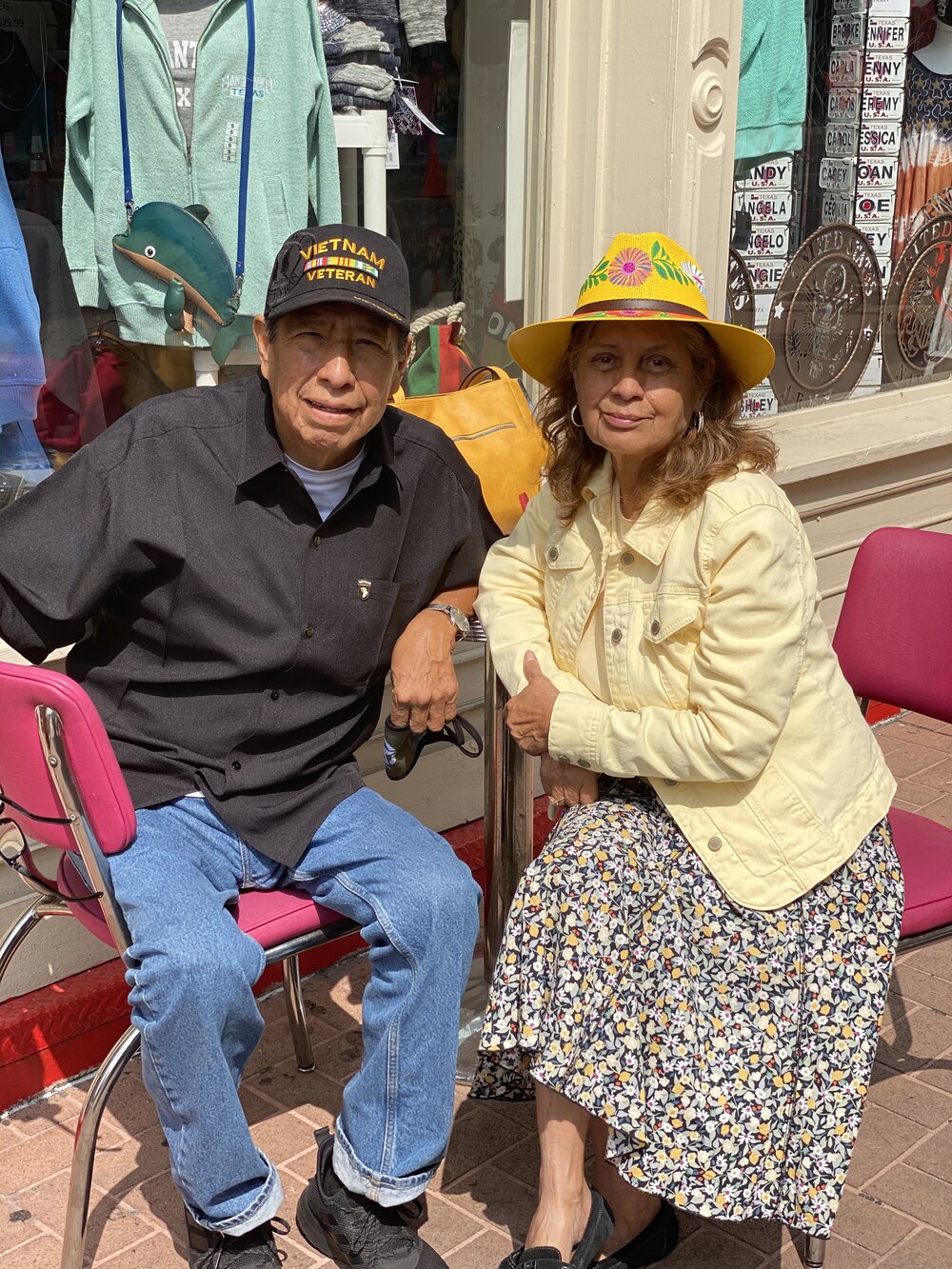

Source: Rising Doves Ministries International.
1) The Republican Party and the Christian right are finding new support among Native Americans under the influence of Pastor Robert, a liaison to the First Nations peoples in New Mexico for the Republicans. Estimates of the Native American response have varied, but most observers see the once solid Democratic hold on this population slipping. The Washington Post even recently reported that support from Democrats’ “diverse voter base…slipped across the board,” and “a majority of voters who are American Indian or Alaska Native favored Republicans this year.” Pastor Robert, a full-blooded Navajo, confirmed that the GOP made gains in New Mexico. He estimates that Republicans account for about 30 percent of the 173,667-resident Navajo Nation reservation. While other Republicans had historically neglected the First Nations, Pastor Robert noted that Donald Trump included them in his campaign and legislative efforts. He led faith-based events for Trump during his 2020 election campaign. Pastor Robert says most Native Americans are traditionally oriented, similar to Hispanic voters (who have increasingly voted Republican), believing in God, going to church, and believing in family and freedom.
But he adds that it has been difficult to reach the Navajos and other First Nations. He now views the political strategies imposed on the First Nations as a combination of fear and dependency. Native Americans, he explains, have been ingrained with generational beliefs, trauma, and government control, especially through environmental regulations. Evangelical churches are likewise passive and tend not to bring politics to the pulpit, not speaking out on issues such as open borders, violence, lawlessness, drug addiction —“not even abortion.” Pastor Robert says Republicans running for state politics aren’t typically brought to the reservation, but he’s been changing that. In December 2021, the Navajos hosted and organized a Republican gubernatorial forum for the first time. He also employs the radio in English and in Navajo since it reaches the whole reservation, including Utah, New Mexico, and Arizona. The strategy Pastor Robert views as being the most effective, though, is a community center for “the Navajos that offers a welcoming place that promotes conservative principles, enables people to access Bible studies, and teaches them about the evils of socialism.” (Source: Spectator World, November 21)
2) The first annual Religion Forum was recently held during the G20 Summit, meeting to discuss how religion can serve as a source of global solutions in the twenty-first century, rather than, as usually highlighted, a source of problems. The forum was held in Bali, Indonesia, a location intentionally chosen for being among the strongest Islamic-based democracies. The first meeting of the forum was organized by the world’s largest Islamic organization, Indonesia-based Nahdlatul Ulama (NU), which holds to a democratic and pluralistic form of Islam. In a controversial move, the NU’s leader and chair of the forum, Yahya Cholil Staquf, invited secretary general of the Muslim World League (MWL), Shaykh Mohammad bin Abdulkarim Al-Issa, to co-chair the fledgling event. The Saudi-based MWL has long been associated with an ultraconservative or “fundamentalist” form of Islam, but the organization has moderated and encouraged religious tolerance under its current leadership, and the forum wanted to encourage that shift. The forum itself covered such issues as how to deal with religious diversity and how to challenge elements of religious traditions that may jeopardize tolerance without rejecting core teachings. In a communiqué, the forum called for building a worldwide alliance based upon common civilizational values, adding that it seeks to “prevent the political weaponization of identity” and “curtail the spread of communal hatred.” Whether it achieves those lofty goals, the facts that the G20 has recognized that religion is important for its strategy of promoting economic stability and development and that the forum showcased a reformist brand of Islam are seen as major accomplishments. (Source: First Things, November 17)

The head of World Muslim League at the Forum (source: MWL).